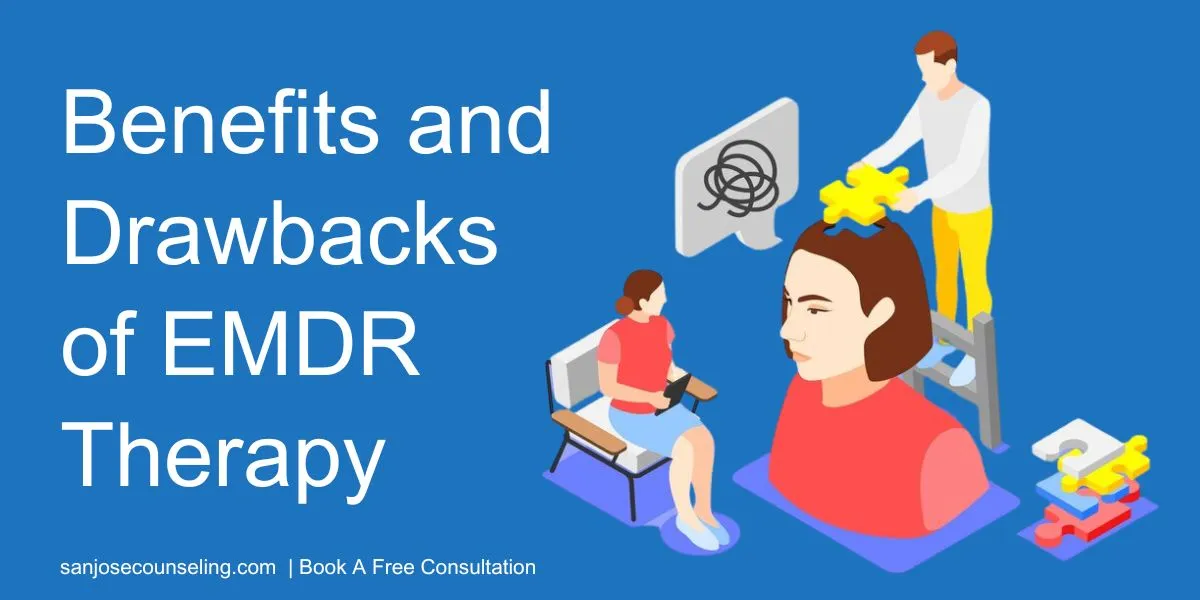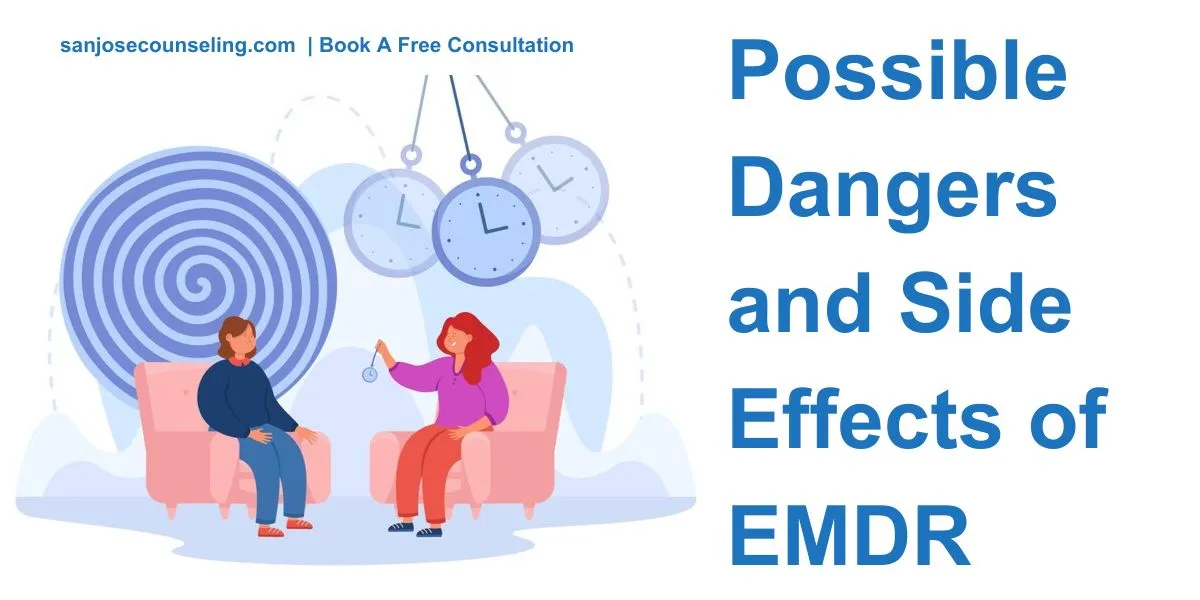Understanding EMDR Therapy: Benefits, Drawbacks, Myths, Misconceptions, and Side Effects
Eye Movement Desensitization and Reprocessing (EMDR) therapy is a psychotherapy technique that involves bilateral stimulation to process traumatic memories, distressful emotions, stress, anxiety, or physical responses associated with emotional wounds. If you’re in San Jose and seeking support, EMDR therapy in San Jose offers a specialized approach to help you heal from these experiences.
In bilateral stimulation, the therapist taps has the patient move his/her eyes back and forth by focusing on an object (wand, therapist’s hand, or a light bar). Although this efficacious treatment technique dates back to the 1980s, it is continuously evolving and it might provide faster relief, deliver results that endure longer, and lessen the risk of overwhelming a client.
A study conducted within a transportation department found that undergoing six sessions of EMDR resulted in a 67% reduction in PTSD symptoms stemming from accidents and assaults.
If you've encountered trauma and find it difficult to progress, EMDR therapy offers potent tools and rapid strategies for healing. Enduring in silence may pose risks to your long-term well-being.
Reach out to Dr. Invia A. Betjoseph, who is a Licensed Marriage and Family Therapist and a certified Sex Addiction Therapist trained in EMDR, specializing in sex addictions, couples therapy and trauma.
Call us at (408) 809-1063) today or Book a free video consultation to treat your traumatic experiences.
The duration of EMDR sessions can vary based on individual circumstances and the expertise of the mental health clinician involved.
This article explores Eye Movement Desensitization and Reprocessing (EMDR), highlighting its pros and cons, potential physical and mental effects of the therapy, as well as common myths and misconceptions.
Benefits and Drawbacks of EMDR Therapy

Benefits of EMDR:
1-EMDR can be used to treat multiple traumatic experiences and emotional wounds:
EMDR has proved effective in treating patients with PTSD (Post Traumatic Stress Disorder) symptoms, which is a mental health condition that develops after a person experiences a
traumatic event. Clinicians employ this therapy for individuals spanning all age groups, encompassing children through to adults. EMDR can also be equally advantageous for other
traumatic experiences, mental health conditions, and wounds that have emotional components. Below are the challenges that EMDR may address:
• PTSD
• Anxiety
• Panic disorder
• Panic attacks
• Depression
• Addictions
• Eating disorder
• Phobias
• Bipolar disorders
• Dissociative disorders
• Grief and pain
• Personality disorders
• Violence and abuse
• Sleep disorders
• Psychosis
• Sexual assault
• Chronic illness
2-EMDR is faster for healing a wide variety of ailments:
EMDR is a concise form of psychotherapy designed to address trauma, depression, low self-esteem, insomnia, relationship issues, anxiety, and PTSD in a shorter time frame, excluding the complexities of the patient. Unlike other forms of talk therapy, which may take years to yield results, EMDR offers an expeditious alternative. Unlike traditional therapies that may require individuals to delve into detailed discussions about traumatic events, EMDR doesn't require the patient to disclose distressing thoughts or experiences at length, making it particularly beneficial for those uncomfortable with discussing trauma. Moreover, the focus in EMDR is on achieving lasting results rather than simply resolving issues quickly.
Drawbacks of EMDR
1-EMDR cannot treat genetic issues:
EMDR cannot be used to treat mental health issues due to genetic problems or inherited conditions. This approach also isn't effective when mental health issues stem from physical brain trauma, whether it's due to accidents, injuries, or other causes. EMDR is linked with alleviating symptoms related to post-traumatic experiences associated with memories and emotions.
2-Although EMDR has gained popularity, it remains a subject of controversy:
In the late 1980s, Dr. Francine Shapiro developed EMDR therapy and proposed an eight-phase approach for its implementation. However, unlike other therapies with well-defined mechanisms and scientific support, each therapist may practice EMDR differently. It's often criticized as pseudo-science, with some disputing the validity of the concept of using eye movements to process emotions.
EMDR can stir emotional responses:
EMDR therapy can evoke intense emotions as it involves revisiting and processing traumatic memories. Naturally, this process can bring up distressing emotions and memories. In fact, the therapy may not be effective unless the individual is experiencing distress.
Possible Dangers and Side Effects of EMDR with Myths and Misconceptions

What are some common side effects associated with EMDR Therapy?
EMDR has already been recognized by the World Health Organization (WHO) as an effective therapy for treating and relieving about 67% of trauma (PTSD) symptoms.
EMDR and various psychotherapies can lead to certain side effects, such as: an increase in distressing memories and heightened emotions or physical sensations during sessions.
Typically, these symptoms resolve as treatment progresses. It's important for individuals to communicate their experiences to their therapist between sessions so that they can address new memories and symptoms in subsequent sessions.
The following are the mental health and physical side effects of EMDR treatment, which usually subsides in a few days:
1-Mental Health Side Effects:
- Feeling emotionally upset: EMDR processes emotions to treat trauma. Some emotional responses may arise, making the patient sad or frightened. To address emotional sensitivity, you can practice self-care and rest according to the guidelines provided by your EMDR therapist.
- Vivid Dreams: Individuals, after EMDR therapy, may experience vivid dreams. It is important for the patient to let the treating therapist know about the patterns and themes taking place in the dreams. The shifts in recurring dreams may be due to the processing of emotions.
- The feeling of dissociation/Detachment: Many individuals may experience a temporary dissociation during EMDR sessions, which is a disconnection between an individual's thoughts, sensory experiences, memories, and/or sense of identity.
2-Physical Side Effects:
- Fatigue: You might experience emotional and mental fatigue following or during an EMDR session. Nonetheless, it's essential to rest and communicate any feelings of significant exhaustion to your therapist.
- Headache: Another prevalent side effect linked to EMDR is headaches, possibly stemming from the eye movements.
| Myths and Misconceptions of EMDR | Realities of EMDR |
| EMDR just addresses PTSD | Multiple researches have proved that EMDR can address a wide number of ailments, from PTSD, depression, OCD, phobias, and anxiety to addictions. |
| EMDR therapy is a new field of pseudo-science, and it plants false memories. | Neither is it a pseudo-science nor is it new. It was created over 4 decades ago and is continuously evolving with peer-reviewed research. |
| EMDR requires patients to talk about trauma memories in depth and detail, like all other talk therapies. | EMDR is not talk therapy and it only requires the patient to report minor details. |
Frequently Asked Questions
How Can I Find an EMDR Therapist Near Me in San Jose, CA?
If you're searching for a certified EMDR therapist in San Jose, CA, your quest ends here! Our SanJoseCounseling Therapist offers expert EMDR therapy services right in the heart of San Jose. With a special focus on EMDR therapy, Our therapist is committed to providing caring support for your journey towards healing.
To book an appointment or to discover more about EMDR therapy with Invia Betjoseph, all you need to do is reach out directly. You'll find contact details and information about therapy services right here on our website. Take that important first step towards healing and emotional well-being today with us.
Will I Cry During My EMDR Treatment/Sessions?
Therefore, it cannot be guaranteed that you will weep or not in your therapy session. To avoid such situations, psychologists often advise individuals not to have an EMDR session before something important is planned (business presentation/meeting, job interview, etc.)
Although tears are often shed during EMDR sessions, there's no cause for concern; they could simply be a physiological response to the processing of long-held traumatic emotions. Remember, crying isn't a sign of weakness; in fact, it can contribute to your healing journey post-therapy.


